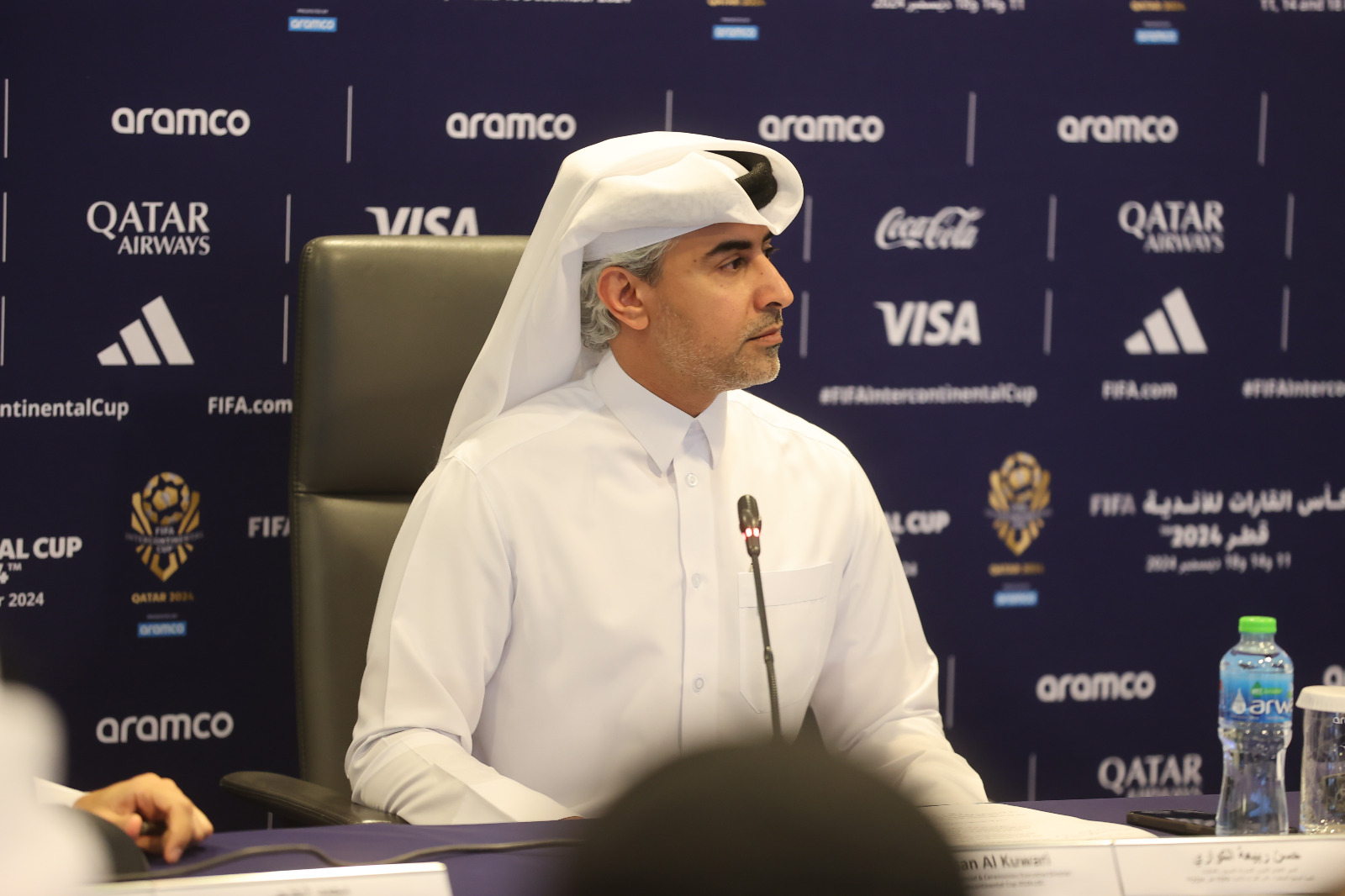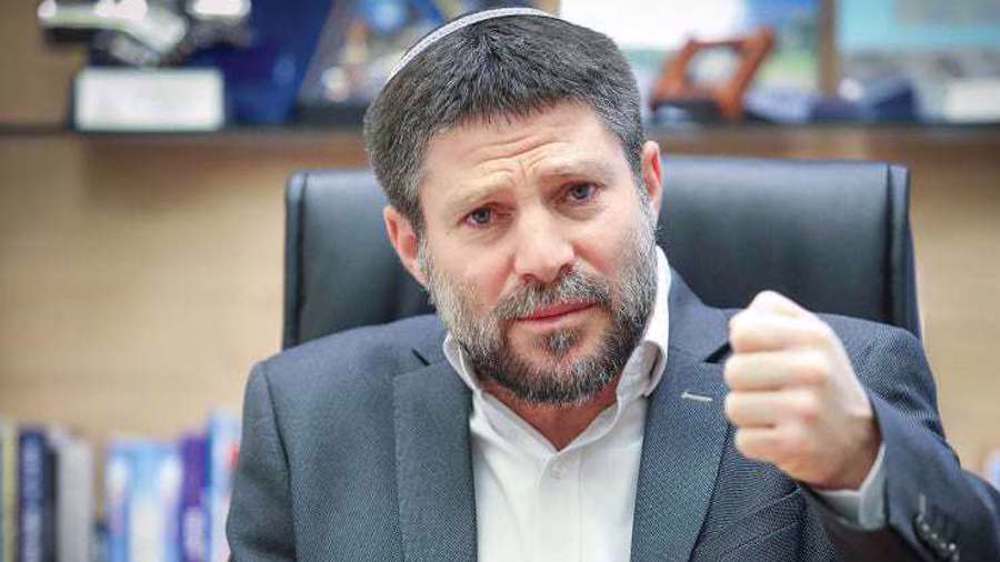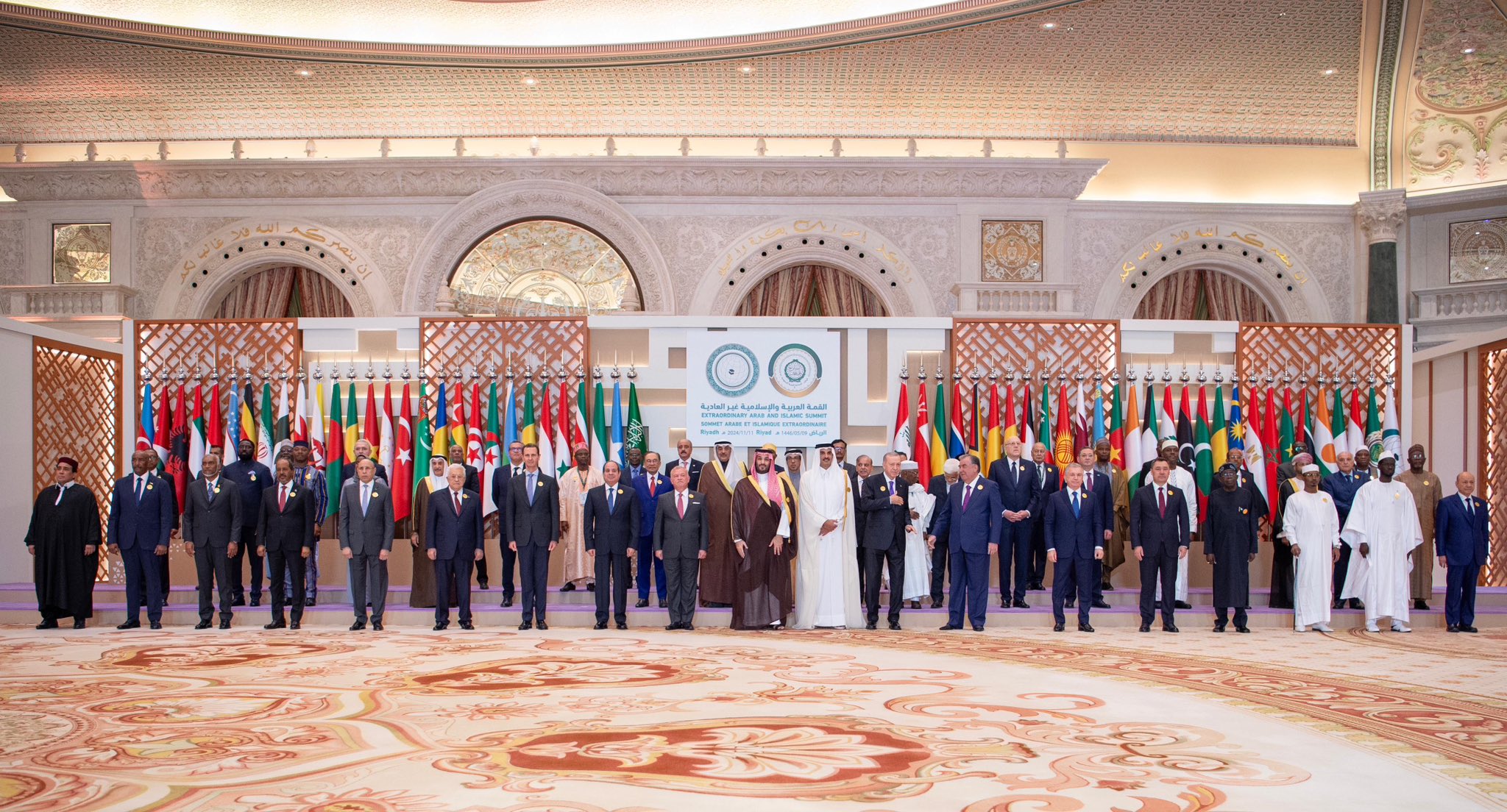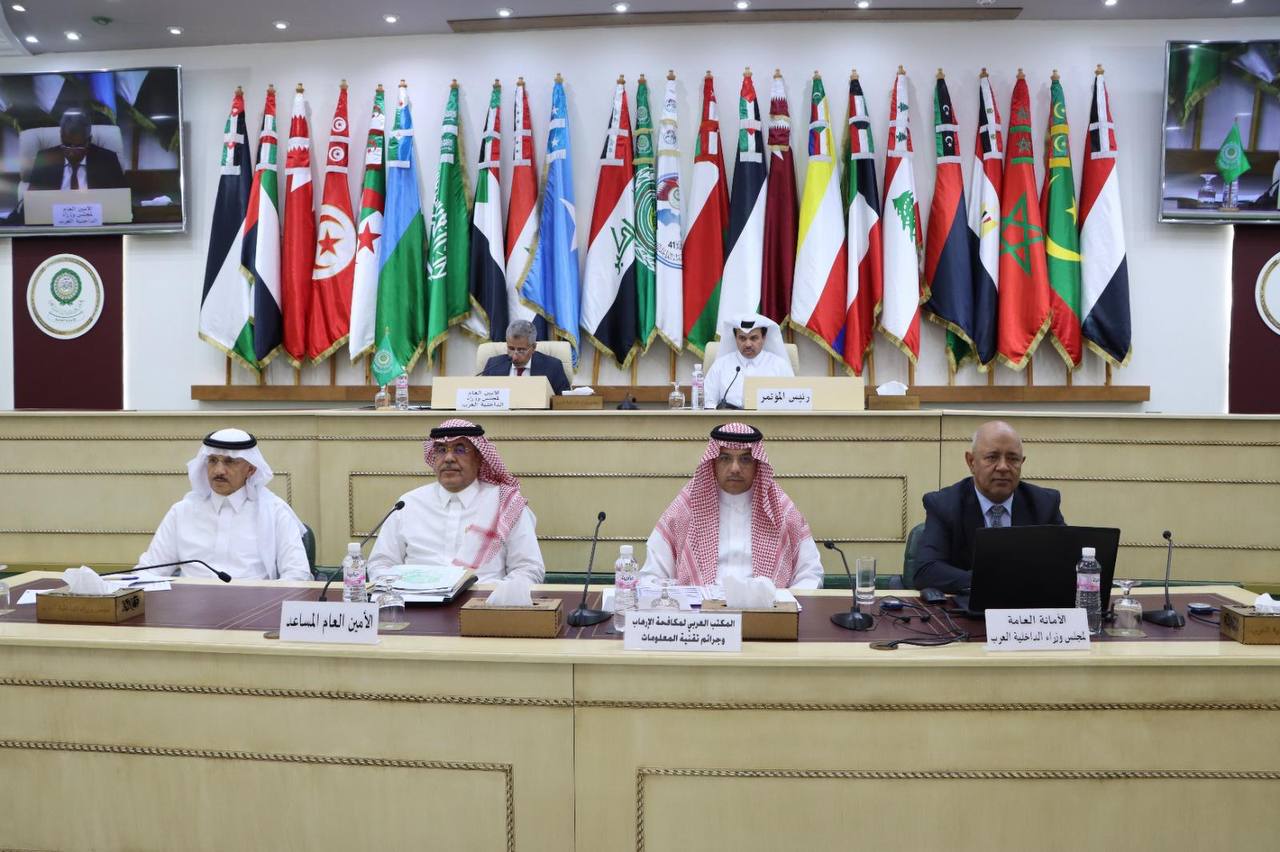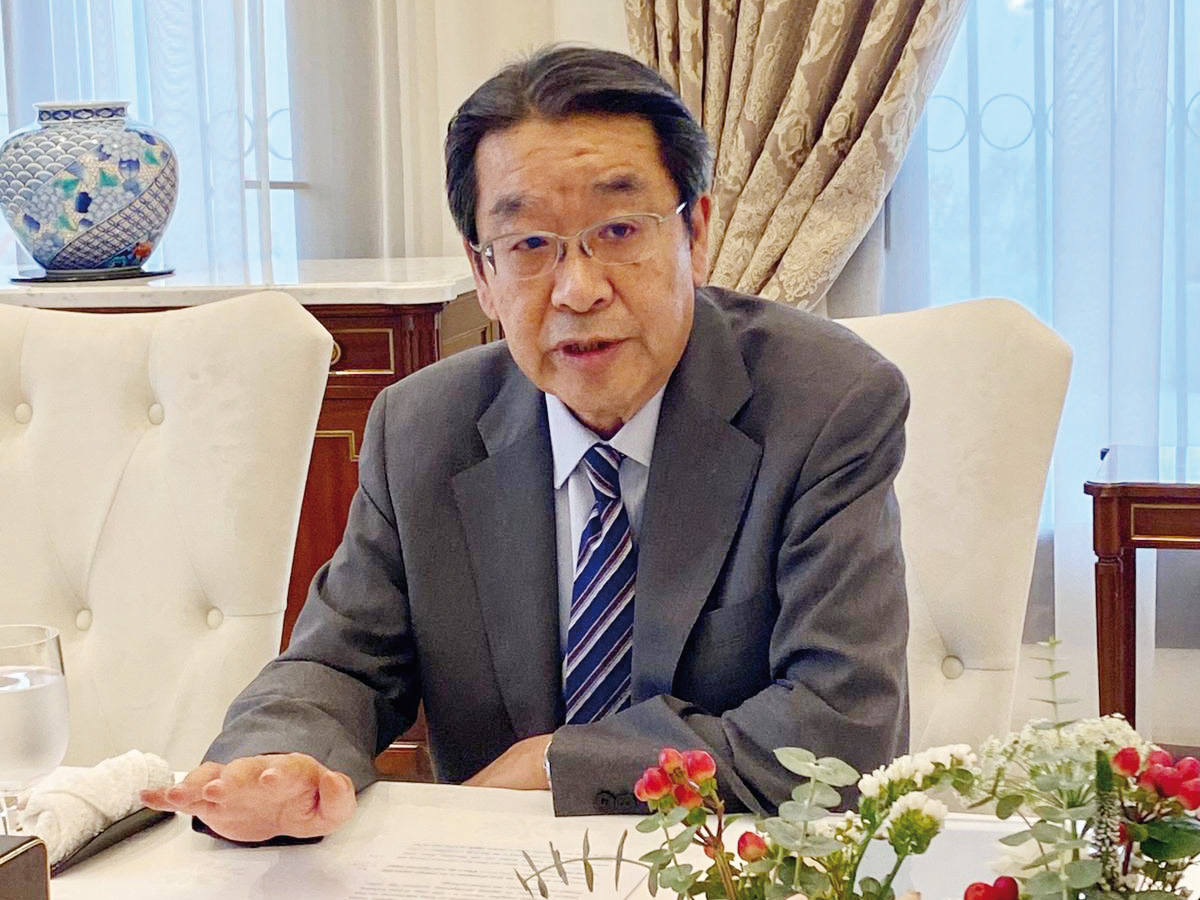
Arguing that the battle against militant groups such as ISIS cannot be fought by security forces alone, Qatar’s interior minister has called on the country’s spiritual leaders to “immunize” youth against “ideological extremism.”
Speaking during a meeting of GCC interior ministers in Doha yesterday, Sheikh Abdullah bin Nasser bin Khalifa Al-Thani called an escalation in terrorist attacks the region’s “foremost” security challenge.
Also this week, the country’s outspoken former prime minister said Arab states should send ground troops into Syria amid accusations that Qatar is “sitting on the sidelines” in the fight against ISIS.

This month’s high-profile attacks in Lebanon and France have brought renewed attention to the threat posed by ISIS, which claimed responsibility for both incidents.
However, Qatar appears to have been on high alert since the bombings over the summer of two Shia mosques in Saudi Arabia and another in Kuwait City.
In his opening remarks yesterday, Sheikh Abdullah – who also serves as Qatar’s prime minister – said it was the responsibility of everyone to protect Gulf residents, according to QNA:
He said ideology and faith should be used to fight “ideological extremism and dry up its sources in order to immunize our people, especially the youth, against misleading and mistaken ideologies being spread by terrorist groups in the name of Islam and which have no relation to our Islamic religion.”
Bullets not bombs
Qatar, like many governments across the region, already wields considerable control over the messages and sermons delivered in mosques across the country.
That leaves the country vulnerable to criticism when high-profile guest clerics such as Saudi preacher Saad bin Ateeq al-Ateeq visit Qatar and advocate violence against Shias, Christians and Jews.
While calling for unspecified “joint action” among GCC security forces, Sheikh Abdullah said fighting terrorism must include tackling its “root causes, whether political, social, religious, sectarian or others.”
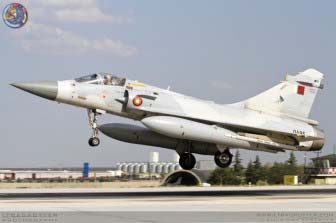
Qatar’s Emir has made similar comments in the past. In a New York Times op-ed earlier this year, Sheikh Tamim bin Hamad Al Thani argued “bullets and bombs” were not enough to win the war on extremism and that understanding the root cause of terrorism was a prerequisite to tackling its prevalence.
However, the country has joined a Saudi-led bombing campaign and sent ground troops to Yemen – one of the countries singled out by the Emir in his op-ed where “hopelessness” must be tackled to “stem the tide of terrorism.”
Qatar has also participated in the aerial bombing campaign in Syria.

Nevertheless, the public statements of the Emir and Sheikh Abdullah are a departure from remarks made by the prime minister’s predecessor, Sheikh Hamad bin Jassim al Thani.
Sheikh Hamad, also known by “HBJ,” left office in 2013 following the abdication of former Emir Sheikh Hamad bin Khalifa Al Thani.
Speaking recently to an audience at Chatham House, a think tank, he said the world must respond with force to the threat posed by ISIS:
“I believe we should send troops, the Arab countries, America, Europe, we should all send troops,” he was quoted as saying by Middle East Eye. “The UN should send 20,000 soldiers. Syria is a mess, there is blood between the tribes and it will take two to three years to settle down and another 20 to rebuild the country.”
Last month, Qatar Foreign Minister Dr. Khalid Al Attiyah said he would consider using military force to help the Syrian people before clarifying a week later that the country would not send its own troops into the war-torn country.
‘Sitting on the sidelines’
HBJ’s remarks come as Qatar’s role in the fight against ISIS comes under scrutiny from politicians overseas.
Last week, US presidential hopeful Bernie Sanders called on Qatar to spend less money on football stadiums and more on fighting militants in the region:
“It has been reported that Qatar will spend $200 billion on the 2022 World Cup, including the construction of an enormous number of facilities to host that event – $200 billion on hosting a soccer event, yet very little to fight against ISIS…
All of this has got to change. Wealthy and powerful Muslim nations in the region can no longer sit on the sidelines and expect the United States, our young men and women, our tax dollars, to do their work for them.”
His remarks come in spite of Qatar being home to Al Udeid Air Base, one of the largest military outposts in the region. The Gulf state largely paid for its construction.
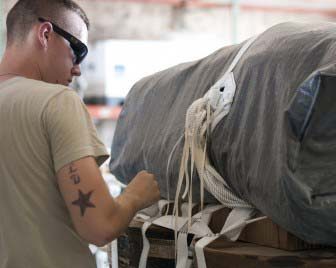
Sanders also said that it’s been “widely reported that the government has not been vigilant in stemming the flow of terrorist financing, and that Qatari individuals and organizations funnel money to some of the most extreme terrorist groups, including al Nusra and ISIS.”
Echoing remarks made previously by current government ministers, HBJ said “Qatar did not fund any terrorist group” during his time in office. However, government officials have previously pointed out that Qatar and the US have different definitions of what constitutes a terrorist group.
Meanwhile, the country has made it more difficult for charities to send funds abroad over the last year.
The move was highlighted as a positive step by the US State Department in its annual Country Reports on Terrorism, which also said Qatar shut down an online fundraising campaign that was suspected of sending money to violent extremist elements in Syria.
Thoughts?


